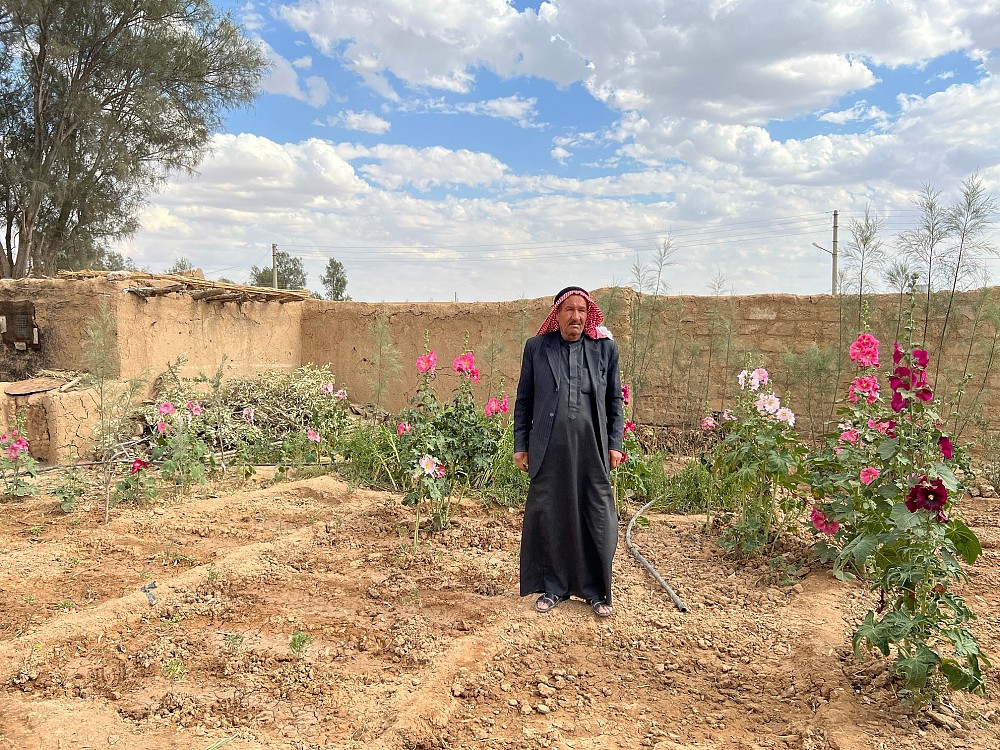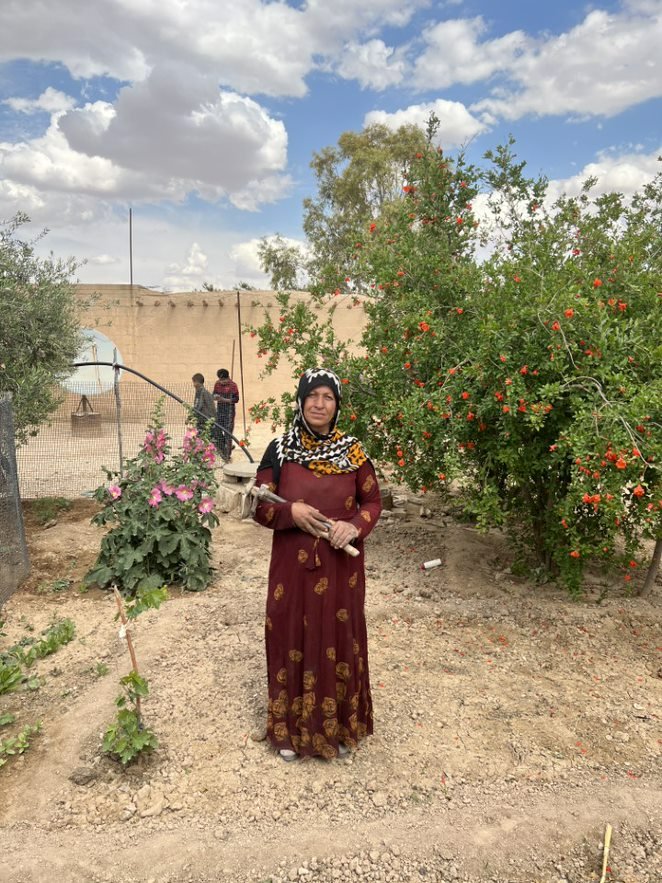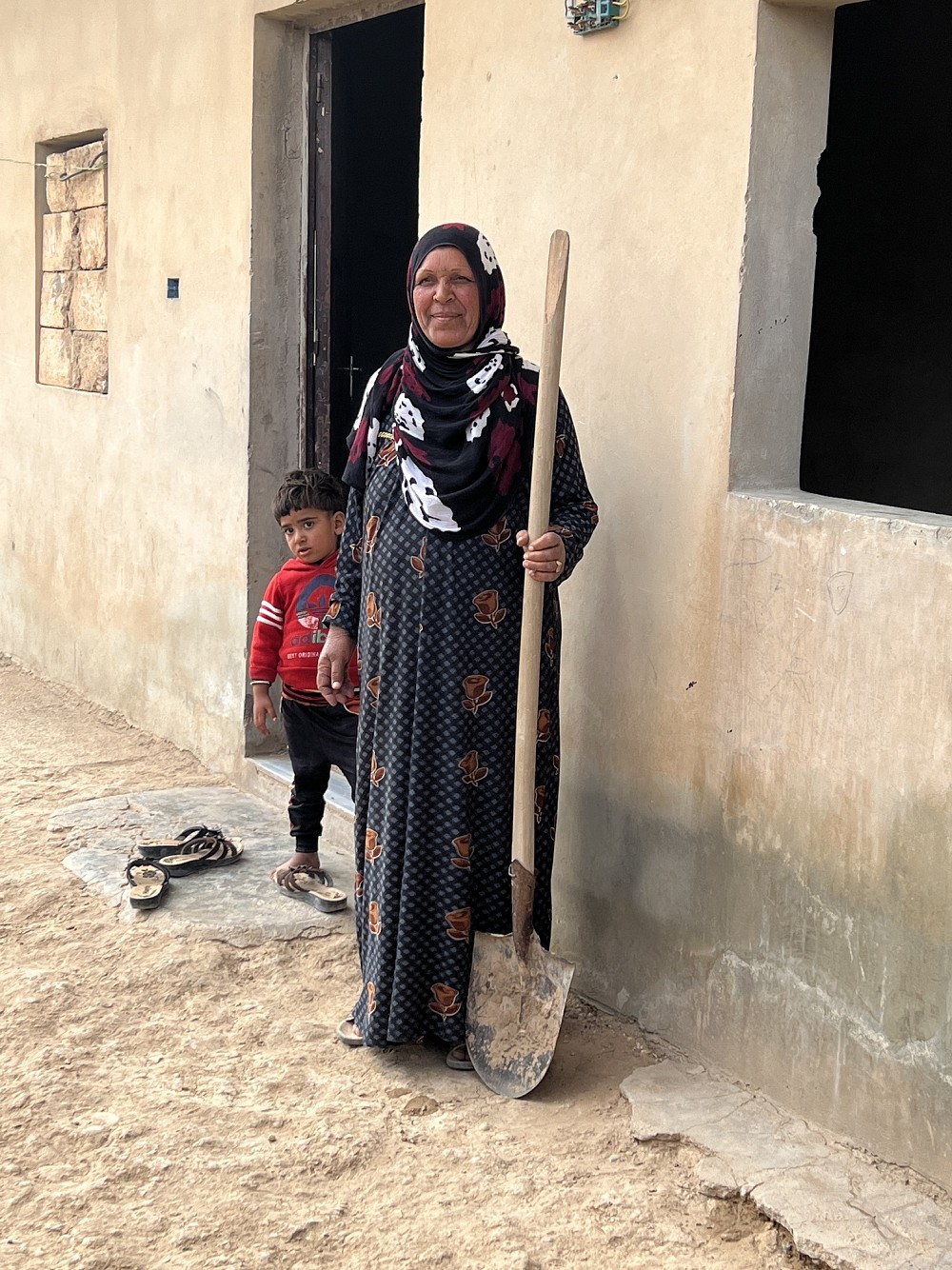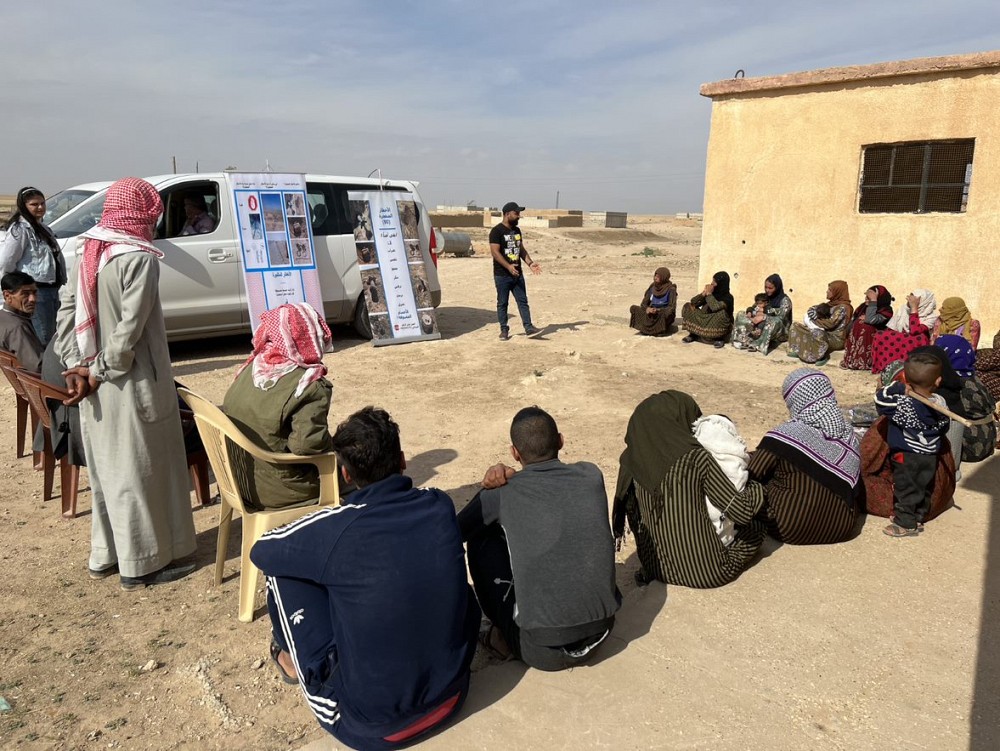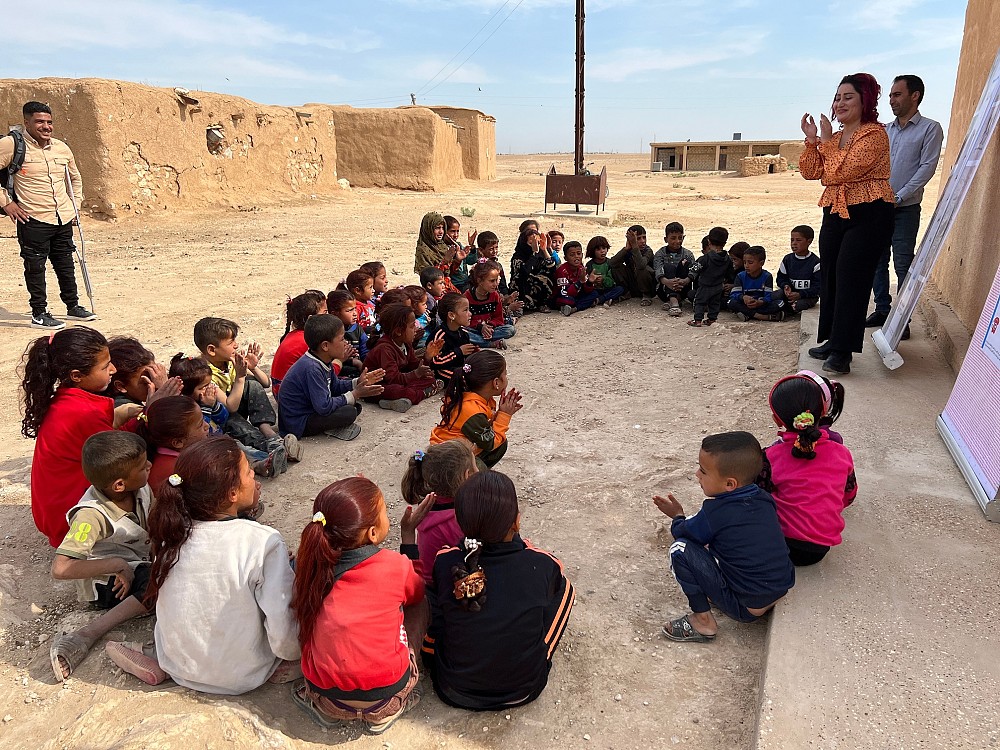Working Towards a More Resilient Northeast Syria
Northeast Syria (NES) was once known as the breadbasket of Syria but is now heavily contaminated with explosive ordnance (EO), including ISIS-legacy improvised explosive devices, left in the ground as a result of the conflict. Most of the rural communities in the area live off agriculture, especially grain and vegetable production and goat and sheep herding. EO contamination along with other factors is severely limiting their access to land as the key resource for agricultural production. Unless the land that is currently blocked is cleared and released, existing pressure on available land will grow and increase the stress on populations that are already in need of humanitarian assistance. This is gravely influencing the food security of affected communities and their ability to support themselves.
With the generous contributions of the Austrian Development Agency, Knights of Columbus, and Ministry of Foreign Affairs of the Republic of Slovenia, ITF is not only able to clear the contaminated land, but also support farmers by restoring sustainable agricultural practices. The contaminated land being cleared is arable land that has not been in use for years due to the confirmed or suspected presence of EO. Clearing it will enable the farmers owning or renting it to return it to productive use. So far, ITF teams cleared and handed back close to 900 hectares of farmland.
Due to years of conflict, economic crisis, displacement, water crises, and other stressors on the local population, clearing land is not enough to support Syrian farmers. A large majority of them have no means to restart their agricultural practices. As part of ITF's integrated program, direct support to farmers – most of which are women – was also rendered. As a result, 50 farmers planted barley, 100 beneficiaries received tools, seeds, and fertilizers to be able to tend to their vegetable gardens, while 75 people received sheep and now have enough milk to produce yogurt that feeds their families. During a recent visit of the ITF team, a single mother and widow, pleased with the donation of sheep and fodder, explained: “These sheep can now graze safely and provide enough milk for me to produce yogurt and feed my family.” Home-made yogurt is a staple in the region and an important source of nutrients in communities struggling with food security.

Another couple of beneficiaries, both heads of households, were very happy to receive a shovel and a hoe respectively, and talked about the hard work they invest in tending to their vegetable and herb gardens. One of them remarked: “We were not able to plant our garden in the past few years. The tools and the seeds were unaffordable for me and my family.” These resilient women and their families have now been provided with access to high-quality seeds and other inputs, and are able to grow okra, eggplants, cucumbers, zucchini, tomatoes, parsley, and other herbs or vegetables.
The program has been prioritizing those that are most in need, especially female-headed households, and persons with disabilities. The agricultural program is currently nearing an end, and soon 100 families living below the poverty line, mainly internally displaced families, will receive vouchers, redeemable in small businesses that are being developed within the local communities now with the program's support. This way, the program is ensuring sustainable and circular support.
Despite ongoing clearance efforts, there are areas in Northeast Syria where armed clashes are ongoing and where contamination remains a real threat. It is therefore key to address both adults and children from communities living in the vicinity of the contaminated areas and those who may one day be returning to contaminated areas through explosive ordnance risk education (EORE). Children and adults are typically provided with separate sessions, specifically tailored to the age, attention span, and other specifics of the listeners. To date, around 15,000 people have been provided with safety messages and life-saving information on safe behavior.
Participants typically express their gratitude for efforts in educating them. A village representative recently told ITF this was the first time since the conflict began that someone described to them the danger of EO. They were unfamiliar with this very real threat and had no knowledge of safe behavior before attending the session.
One of the villagers was once a teacher and told ITF: “A few years ago I lost my husband in an accident involving an explosive device. I am now a single mother with two children, and we were not aware of these dangers that are near us. We will now follow the EORE trainers' instructions closely, and we will make sure that all villagers are aware and reminded regularly.”

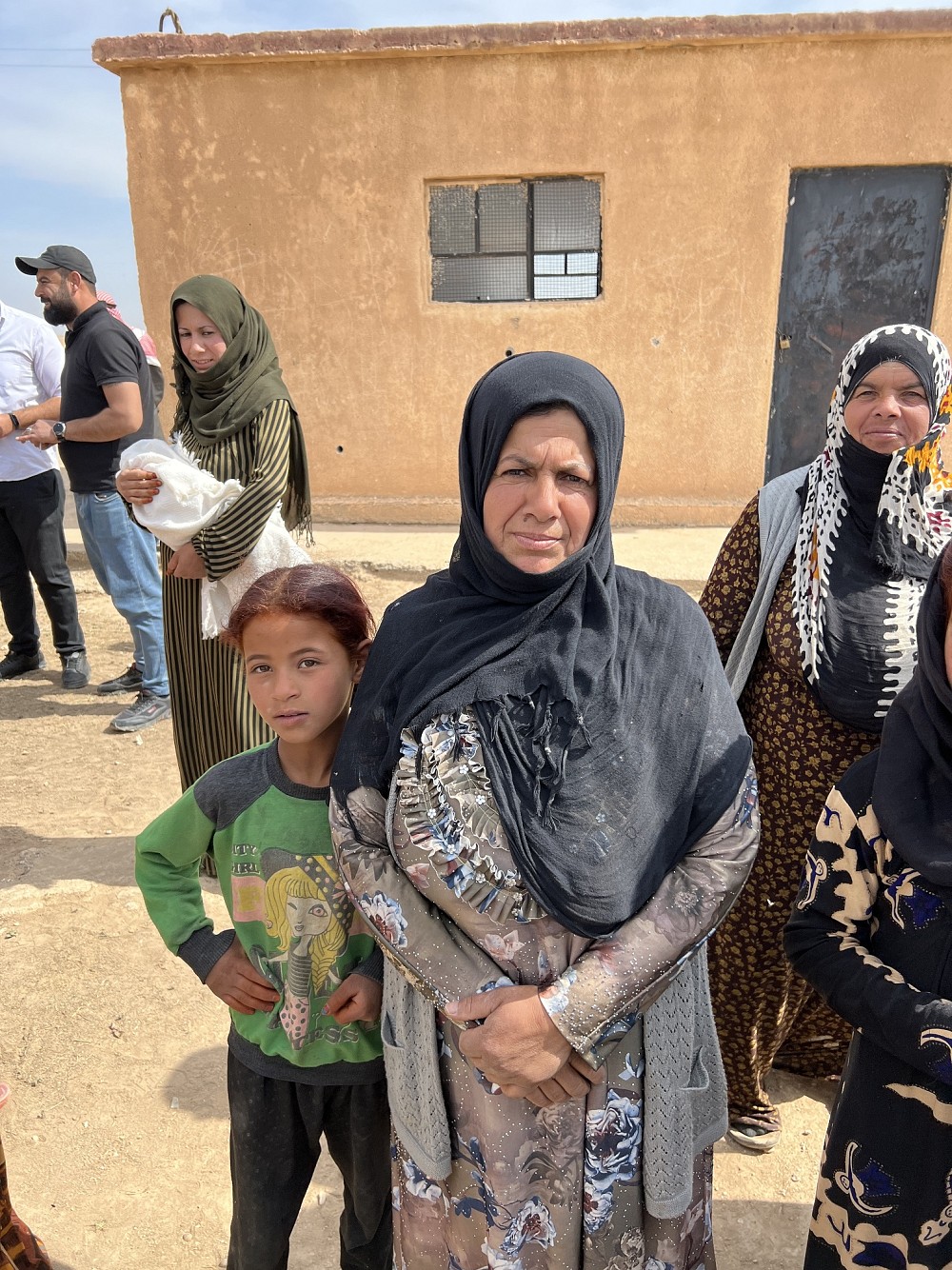
The resilience these individuals and communities are demonstrating is admirable, and we are glad to be able to contribute to uplifting them and stimulating their strength. This program would not be possible without the extensive support from the Austrian Development Agency, Knights of Columbus, and the Ministry of Foreign Affairs of the Republic of Slovenia.


